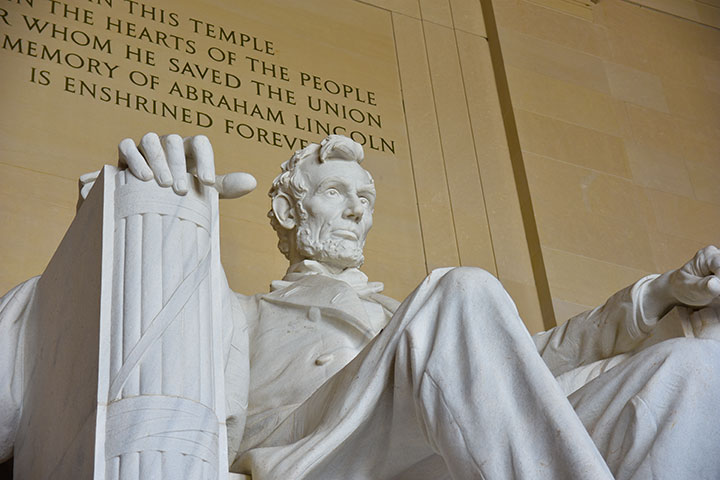This past weekend across our land, in cities and towns both big and small, people visited those who have passed on before, those who gave their lives to keep us free. Flowers and ribbons dotted the landscape of graveyards as a sign of respect and remembrance for what our brave soldiers did for us. Family, friends, neighbors will join hands to pay homage to our fallen dead.
While Memorial Day is to remember those who died in service, we can further honor them and all the brave men and women who have served so faithfully to defend our land with a simple spoken phrase, “Thank you for your service.” It’s so important to honor the living as well as the dead. To let our loved ones who served know we appreciate their sacrifices.
Originally this day was called “Decoration Day,” which began shortly after the Civil War in 1868 to remember Union soldiers who had died in battle. Later the name was changed and Memorial Day was dedicated for all who had died in the service of their country.
While homeschooling my children, we started a unit on the Civil War and the words that Lincoln spoke that day at the resting place of thousands upon thousands of soldiers still bring tears to my eyes and a deep sense of gratitude. All three of my children memorized it. I wanted it to stay in their hearts so they would never forget the price of freedom and be forever thankful.
On November 19, 1863, the Gettysburg National Cemetery was dedicated. A then renowned speaker Edward Everett gave a speech that lasted two hours. After his speech, Lincoln stood and addressed the crowd with the words below. It only took two minutes for him to complete his speech. He thought it fell flat, yet it is one of the most beloved speeches of all times.
Four score and seven years ago, our fathers brought forth on this continent a new nation: conceived in liberty, and dedicated to the proposition that all men are created equal.
Now we are engaged in a great civil war . . . testing whether that nation, or any nation so conceived and so dedicated . . . can long endure. We are met on a great battlefield of that war.
We have come to dedicate a portion of that field as a final resting place for those who here gave their lives that that nation might live. It is altogether fitting and proper that we should do this.
But, in a larger sense, we cannot dedicate . . . we cannot consecrate . . . we cannot hallow this ground. The brave men, living and dead, who struggled here have consecrated it, far above our poor power to add or detract. The world will little note, nor long remember, what we say here, but it can never forget what they did here. It is for us the living, rather, to be dedicated here to the unfinished work which they who fought here have thus far so nobly advanced.
It is rather for us to be here dedicated to the great task remaining before us . . . that from these honored dead we take increased devotion to that cause for which they gave the last full measure of devotion . . . that we here highly resolve that these dead shall not have died in vain . . . that this nation, under God, shall have a new birth of freedom . . . and that government of the people . . . by the people . . . for the people . . . shall not perish from the earth.
Abraham Lincoln
(This article has been reviewed July 2024 since it originally published in May 2017.)
